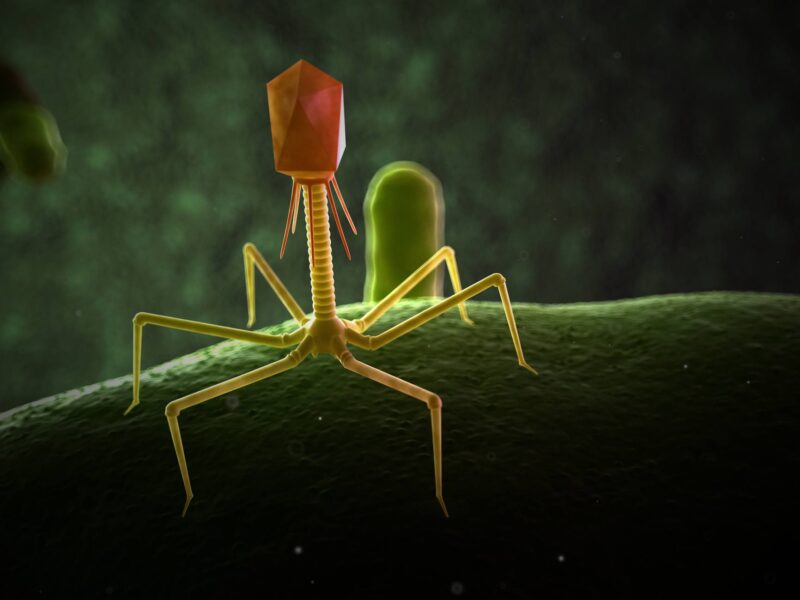Five Collaborations Receive SPRINT Research Grants
The Division of Research at Texas A&M University and the São Paulo Research Foundation (FAPESP) today announced joint funding to support five research collaborations between A&M faculty members and their peers at universities in the state of São Paulo, Brazil.
Since 2017, FAPESP and Texas A&M have worked under a cooperative agreement that established the SPRINT (São Paulo Researchers in International Collaboration) grant program, which offers funding to initiate collaborative projects in scientific research and technological development. FAPESP is an independent public foundation with a mission to foster research as well as scientific and technological development in São Paulo.
Each SPRINT grant includes $10,000 to the Texas A&M faculty member and $10,000 to their counterpart in São Paulo:
- Vladislav Yakovlev, professor, Department of Biomedical Engineering, College of Engineering, and Odemir Martinez Bruno, Universidade de São Paulo, “Exploring a paradigm of quantum imaging for biomedical and agricultural applications.”
- Alexey Belyanin, professor, Department of Physics and Astronomy, College of Science, and Euclydes Marega Junior, Universidade de São Paulo, “Superradiance and strong light-matter coupling in plasmonic metasurface nanostructures.”
- Yangyang Xu, assistant professor, Department of Atmospheric Sciences, College of Geosciences, and Maria de Fatima Andrade, Universidade de São Paulo, “Fine particulate matter air pollution in the urban environment of Sao Paulo: relative contribution of regional wildfire and local transportation sources.”
- Anja Schulze, associate professor, Department of Marine Biology, Galveston campus, and Anderson G. Oliveira, Universidade de São Paulo, “Bioluminescence in marine worms (Annelida): molecular pathways and evolution.”
- Kevin Conway, associate professor Department of Wildlife and Fisheries Sciences, College of Agriculture and Life Sciences, and George Mendes Taliaferro Mattox, Universidade Federal de São Carlos, “Live fast, die young in the Amazon: testing life history predictions for the Amazon’s smallest vertebrates.”
The SPRINT program released its latest Call for Proposals on Jan. 29. A workshop is scheduled for Feb. 13, 10:30 a.m. to noon in the Jack K. Williams Administration Building, Room 310, on the Texas A&M campus. Proposals are due April 29. Detail are available online at https://vpr.tamu.edu/fapesp.
About Research at Texas A&M University: As one of the world’s leading research institutions, Texas A&M is at the forefront in making significant contributions to scholarship and discovery, including that of science and technology. Research conducted at Texas A&M represented annual expenditures of more than $922 million in fiscal year 2018. Texas A&M ranked in the top 20 of the National Science Foundation’s Higher Education Research and Development survey (2017), based on expenditures of more than $905.4 million in fiscal year 2017. Texas A&M’s research creates new knowledge that provides basic, fundamental and applied contributions resulting, in many cases, in economic benefits to the state, nation and world. To learn more, visit http://research.tamu.edu.
Media contact: Monica Bruno Holder, Research Development Services, 979-847-9391, m-holder@tamu.edu.





